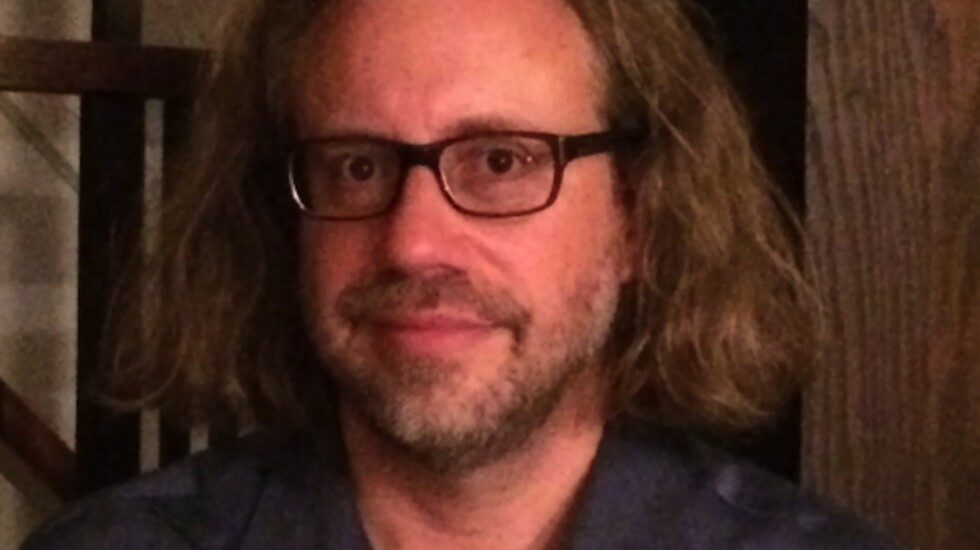A $26 billion legal settlement that drug companies have agreed to with state and local governments across the country will provide Chicago with millions of dollars a year to help people suffering from opioid addiction, the mayor’s office said Friday.
The state of Illinois was among governments that sued drug manufacturer Janssen Pharmaceuticals, whose parent company is Johnson & Johnson. The state also sued pharmaceutical distributors McKesson Corp., Cardinal Health and AmerisourceBergen.
The companies were accused of being indifferent to the drug addictions their products were causing. According to court records in a West Virginia case, AmerisourceBergen executives shared one email that referred to the prescription opioid Oxycontin as “hillbilly heroin.”
The city of Chicago is expected to get $78 million over 18 years from Illinois’ share of the legal settlement with the four drug companies, which didn’t admit wrongdoing. Local governments in Illinois, including Chicago, are getting 45% of the state’s share of the national $26 billion legal settlement.
Officials said the state will use the other 55% — estimated to come to $437 million over 18 years — for programs that help address the opioid crisis.
Illinois was involved in similar lawsuits against retailers Walgreens, CVS and Walmart and drug makers Teva and Allergan. Those cases have resulted in billions of dollars in settlements with state and local governments. It’s unclear how much of that money Chicago could get.
The number of deaths attributed to opioid overdoses in Cook County has been staggering. Over more than a decade, as regulators cracked down on questionable prescriptions of opioids, Mexican drug cartels began flooding Chicago and other parts of the country with heroin and fentanyl, fueling a huge increase in overdose deaths.
On Jan. 3, the Cook County medical examiner’s office said 1,599 people died of opioid overdoses in 2022 and that, once pending test results were completed in other deaths, the number of fatal opioid overdoses last year could surpass 2,000. Many of the deaths were attributed to fentanyl, a powerful drug often mixed with heroin.
The mayor’s office said City Hall will spend its $78 million share of the opioid settlement to increase access to overdose-reversal drugs like naloxone, provide fentanyl testing strips, support treatment programs, expand research into overdoses and fund programs in the Chicago police and fire departments and Cook County sheriff’s office that link drug users with care. The police department, for instance, has a program in which people arrested with small amounts of drugs can avoid being charged if they consider entering treatment.

Tim Devitt, a therapist who volunteers with the West Side Heroin and Opioid Task Force, said he hopes some of the city’s settlement money will be spent on providing drug users with “foundational support” — housing, health care and job-placement help — that can prepare them to enter rehabilitation programs.
“The brick-and-mortar treatment centers are set up for people who are ready for these [substance-abuse] services, but they’re not set up to handle these more foundational needs,” Devitt said. “There are a lot of empty schools and buildings we could use to create affordable housing.”
Heather O’Donnell, senior vice president of public policy for Thresholds, a social services organization in Chicago, said the settlement money is “an opportunity to really build up substance-use care.” She agreed with Devitt that getting users into housing, jobs and health care is crucial.
“If you are living on the street, your main focus is survival, it’s not ‘how can I quit today?’ They aren’t thinking, ‘I need to walk in to residential detox today,’ ” O’Donnell said.
She and Devitt said Chicago officials should consider following New York’s lead in providing “overdose-prevention sites” where people can bring their drugs and use them in a safe place. Legislation that would allow that is pending in the Illinois General Assembly.
“Historically, the substance-use sector has embraced an abstinence-only approach, and I think that’s changing — and it’s a good thing,” O’Donnell said. “Too many people are dying.”







